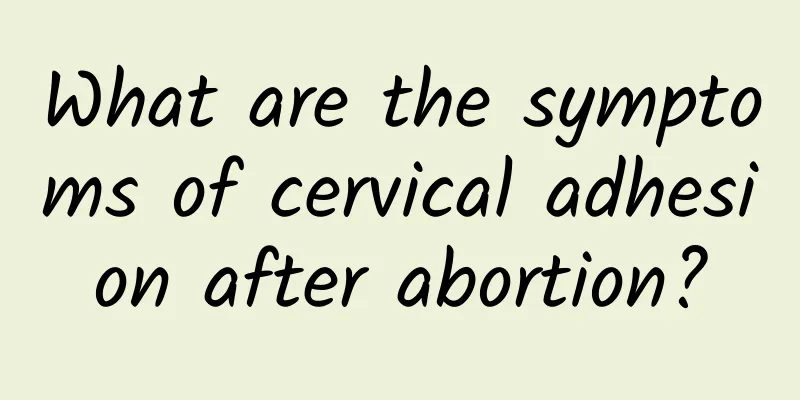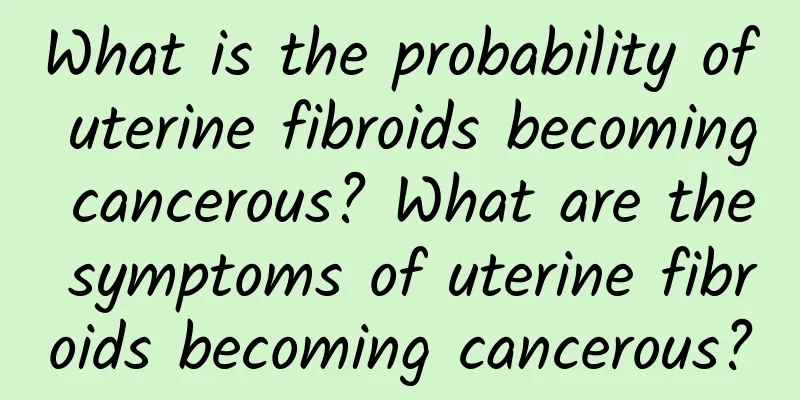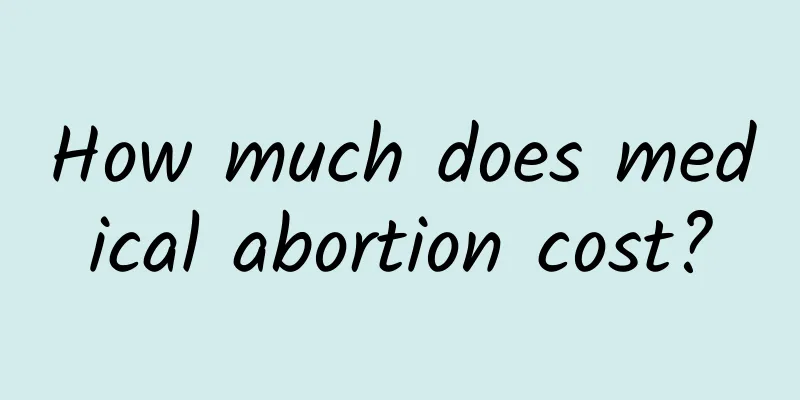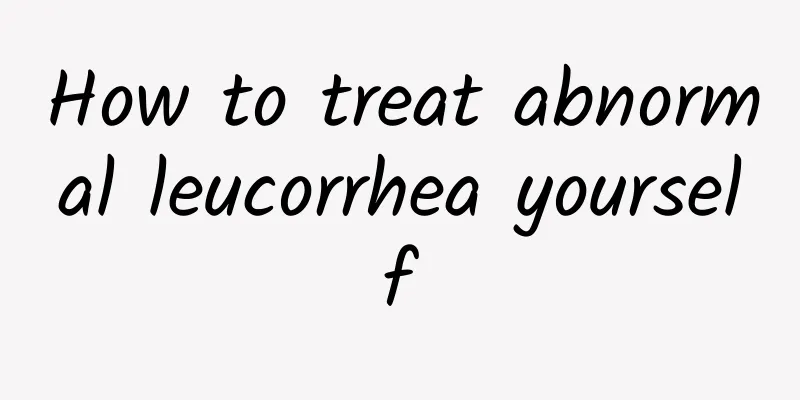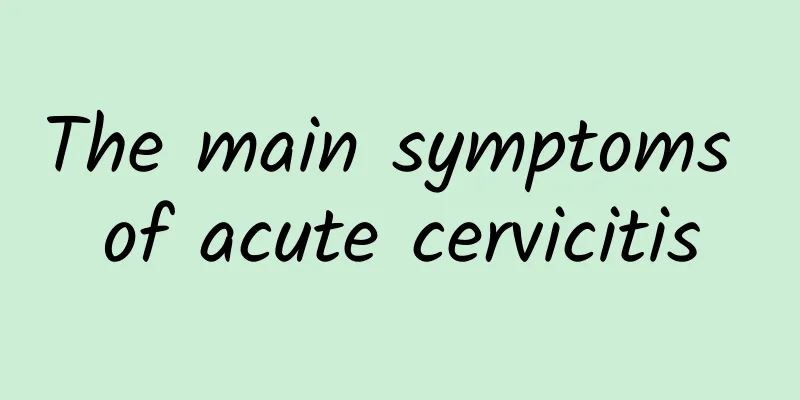What are the symptoms of postpartum adnexitis

|
Symptoms of postpartum adnexitis include lower abdominal pain, fever, abnormal vaginal discharge, etc., which may affect reproductive health in severe cases. Postpartum adnexitis is usually caused by bacterial infection and requires prompt medical treatment to avoid worsening of the condition. 1. Lower abdominal pain is one of the typical symptoms of postpartum adnexitis. The pain may be persistent dull pain or paroxysmal severe pain, often accompanied by tenderness. The pain is mostly located on both sides of the lower abdomen and may radiate to the waist or inner thigh. Postpartum women are weak and have reduced immunity, making them vulnerable to bacterial invasion, leading to the occurrence of adnexitis. 2. Fever is a common symptom of postpartum adnexitis. The body temperature may rise to above 38°C, accompanied by chills, fatigue and other general discomfort. Fever is caused by inflammatory response, indicating that there is infection in the body. Postpartum women need to pay attention to personal hygiene, avoid using unclean sanitary products, and reduce the risk of infection. 3. Abnormal vaginal discharge is also an important manifestation of postpartum adnexitis. The vaginal discharge may increase, be yellow or green, and have a strange smell. Abnormal vaginal discharge indicates that there is infection in the reproductive tract, and a gynecological examination should be carried out in time. Postpartum women should keep the vulva clean and dry, avoid using irritating lotions, and prevent bacterial growth. 4. Treatments for postpartum adnexitis include medication, physical therapy, and surgery. Antibiotics such as cephalosporins and penicillins are commonly used in medication and should be used according to doctor's advice. Physical therapy such as hot compresses and infrared irradiation can relieve pain and inflammation. Surgery is suitable for severe cases, such as abscess formation or fallopian tube obstruction. 5. Dietary conditioning is also helpful for the recovery of postpartum adnexitis. It is recommended to consume more fruits rich in vitamin C such as oranges and lemons to enhance immunity. Eat protein-rich foods such as eggs and fish in moderation to promote tissue repair. Avoid spicy and irritating foods to reduce inflammatory stimulation. 6. Exercise rehabilitation can help improve the symptoms of postpartum adnexitis. It is recommended to do moderate aerobic exercise such as walking, yoga, etc. to enhance physical fitness. Avoid strenuous exercise to prevent worsening of the condition. Maintaining a good attitude and actively cooperating with treatment will help to recover soon. The symptoms of postpartum adnexitis are diverse and require prompt medical diagnosis and treatment. Through medication, physical therapy, and surgical treatment, combined with diet and exercise rehabilitation, symptoms can be effectively relieved and recovery can be promoted. Postpartum women should pay attention to personal hygiene, enhance immunity, and prevent the occurrence of adnexitis. Regular gynecological examinations can be performed to detect and deal with problems in a timely manner and ensure reproductive health. |
<<: What medicine can cure left adnexitis quickly?
>>: How to treat chronic left adnexitis
Recommend
Early and late symptoms of endometrial tuberculosis
Endometrial tuberculosis is a common disease that...
Is uterine fibroids a genetic disease?
Is uterine fibroids a genetic disease? Uterine fi...
Does ovarian cyst require surgery?
Ovarian cyst surgery needs to be considered compr...
Is the egg still there during ovulation bleeding?
Ovulation bleeding usually occurs when the egg is...
Don’t be afraid of relatives visiting you when you exercise! Go exercise with your aunt
Whenever a girl has her period, there are always ...
What is the cure rate for habitual abortion?
We may have all heard of habitual miscarriage, or...
Get rid of the perennial belly! Thin belly depends on these 3 tricks
The most troublesome part when losing weight is n...
Causes of localized adenomyosis
The onset of localized adenomyosis is related to ...
How to completely recover after abortion
How to completely recover after abortion? As we a...
What are the early symptoms of ectopic pregnancy?
What are the early symptoms of ectopic pregnancy?...
What drugs cause amenorrhea?
What drugs cause amenorrhea? There are many drugs...
Authoritative explanation of post-abortion care
What are the health care methods after abortion? ...
What are the symptoms of ovarian cysts? Does it have a big impact on pregnancy?
What are the symptoms of ovarian cysts? Does it h...
Brief analysis of the harm of cervical erosion in female friends
Cervical erosion is a disease that women are pron...
What are the symptoms of ectopic pregnancy?
Ectopic pregnancy is a gynecological disease that...

